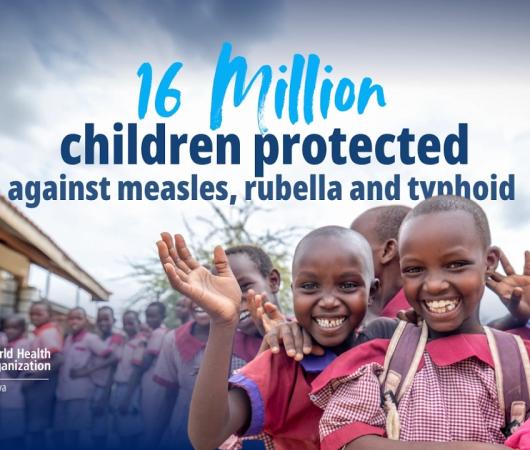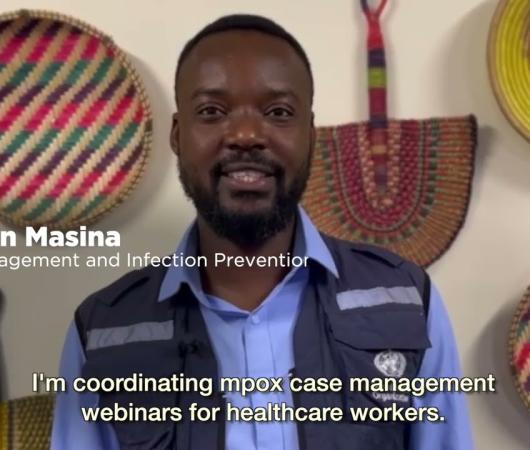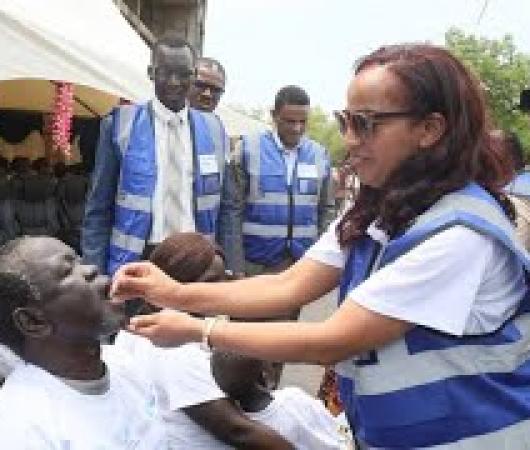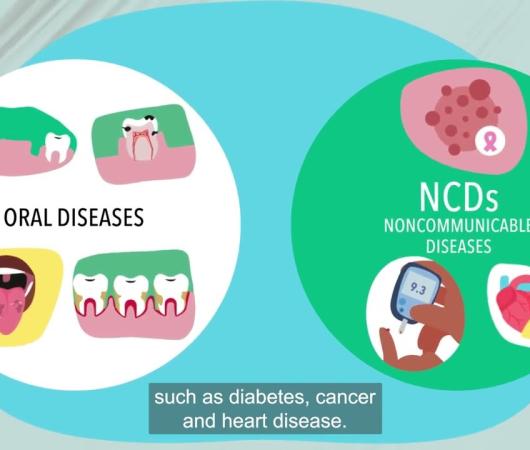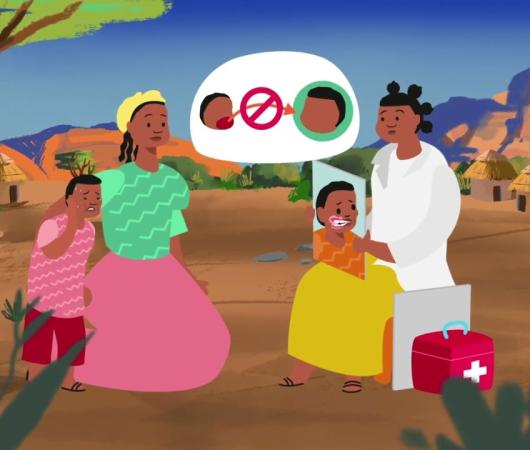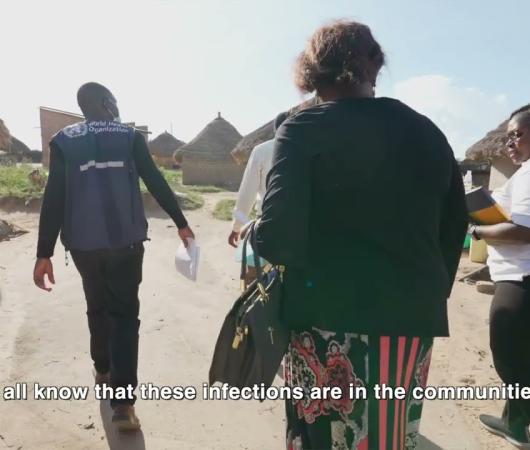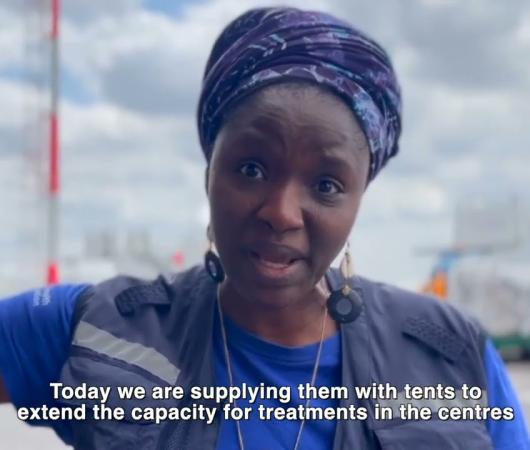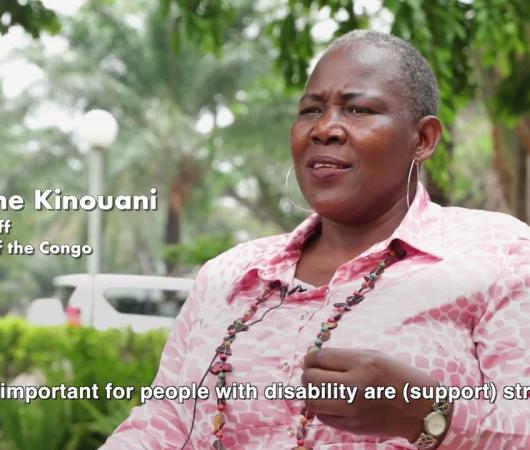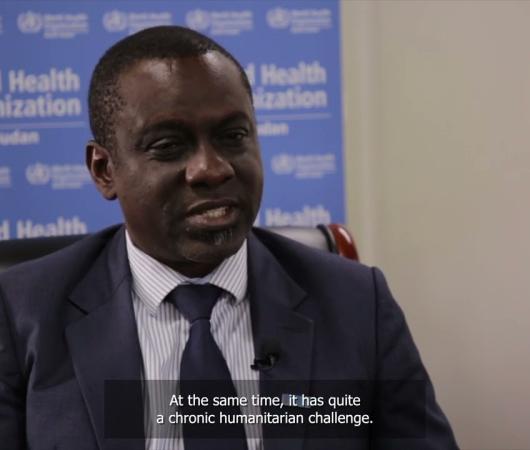Over the past two years, the World Health Organization has been supporting Kenya's Ministry of Health to implement the Women's Integrated Cancer Screening (WICS) program. This initiative combines screening for breast and cervical cancers with common non-communicable diseases, including…
Videos
As the World Health Summit
Under the Ministry of Health, the Ethiopian Public Health Institute (EPHI) has long since been at the forefront of addressing public health emergencies in Ethiopia.
A l’occasion de la journée mondiale de la santé du 7 avril 2025, le Représentant de l’Organisation mondiale de la Santé (OMS) au Cameroun, Dr BAGAYOKO Magaran Monzon a accordé une interview exclusive pour discuter du thème emblématique de cette année…
This animated video offers strategic guidance to policymakers and public practitioners on promoting oral health and preventing and controlling oral diseases as part of NCDs prevention and control towards universal health coverage.
This animated video delivers a crucial message to raise awareness about noma, which is a rapidly progressing, non-contagious gangrenous disease of the mouth that primarily affects young children, and emphasizes prevention and the importance of early detection within community settings.
In early October 2024, Nakasongola District accounted for 20% of #mpox cases in #Uganda.
Fatima Isa Tafida, a veteran United Nations supply chain management specialist, is at the forefront of the World Health Organization’s efforts to regionalize i
Inclusion is more than a goal, it's a critical action for building stronger and more resilient communities.
South Sudan is home to a large number of refugees, including returnees and asylum seekers.






